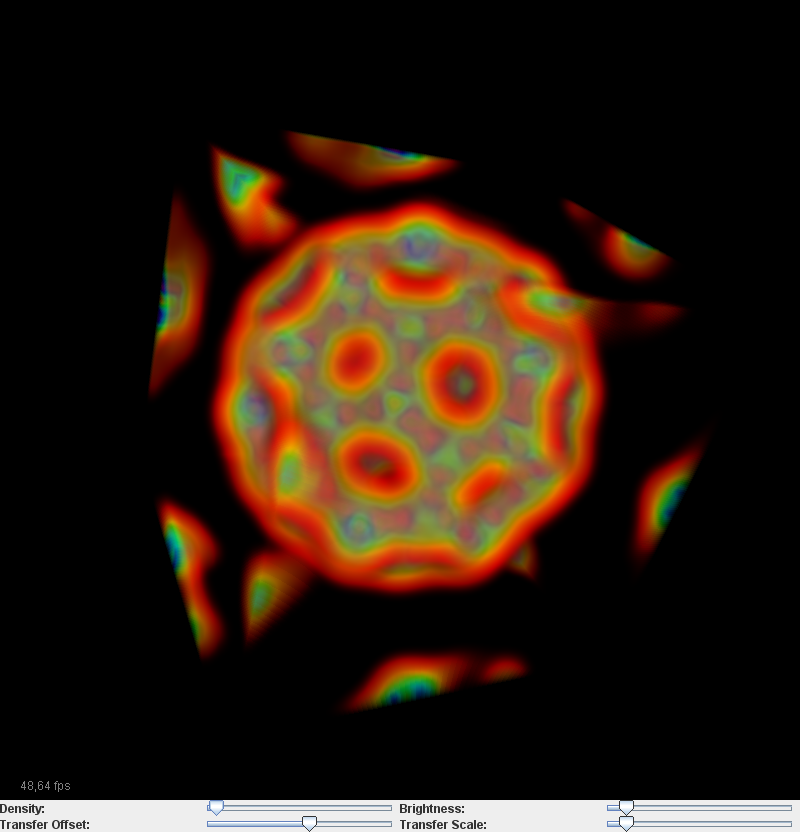I usually hesitate when making something public - particularly when it is such a low-level "implementation detail". But I see that there are cases for using the native pointer value - namely, for different sorts of interoperability. I haven't read the full thread that you linked to, but this also seems to be the case here: When there is another JNI-based library, there is no other way to "translate" a JOCL Pointer into the respective pointer type of the target library*.
If you added a word of caution, like this...
/**
* Method to obtain the native pointer value.
*
* Clients should usually not use this pointer value directly.
* It is only intended for interoperability with other JNI based
* libraries.
*
* @return The native pointer value
*/then I'd merge it, and schedule an update.
* My hesitation to make things like this public is due to experience. One should really, really, really think carefully about visibility levels. Once something is public, it is more likely to cause breaking changes for clients. But... in the context of the NativePointerObject in JOCL and JCuda, I've observed the exact opposite effect: People want (or need) this value. And gosh, I've seen some crappy attempts to obtain it: People have extended the NativePointerObject class to override the method to be public. People have used reflection with blatant nativePointerField.setAccessible(true)/long x = nativePointerField.get(pointer) calls. The thread that you linked to now talks about actually parsing the value from the toString representation - ouch. This has to stop. So making it public (with an appropriate disclaimer in the JavaDoc) is far less brittle than all the alternatives...
(One could argue that there should also be a constructor that receives the long value, to allow creating a JOCL Pointer from a given third-party pointer, but that's probably a different issue)

Dear @gpu ,
we (CC @bnorthan) recently came across the issue that we cannot access the nativePointer inside the NativePointerObject class. However, this would be very useful to bridge towards other OpenCL-libraries as discussed here: https://forum.image.sc/t/high-performance-fft-based-algorithms-deconvolution/31710/38
Would you mind merging this PR and deploying a new JOCL?
Thanks a lot in advance!
Cheers, Robert